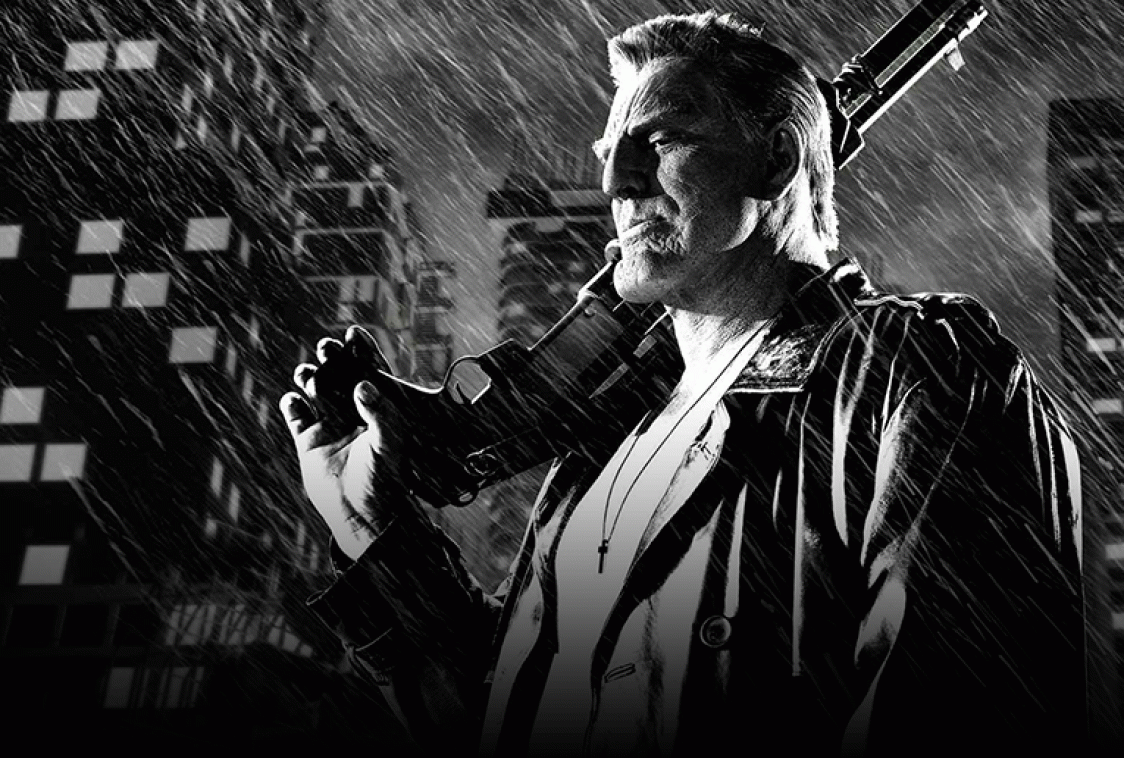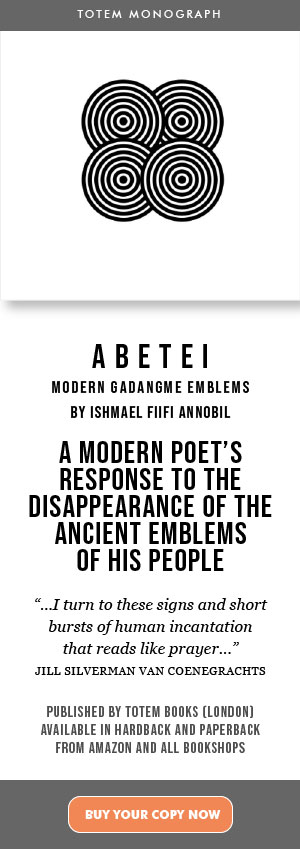DREAM COMICS
By NICK BRYAN
Comic books seem to be enjoying a real mainstream resurgence of late. Films like Sin City and Batman Begins are achieving both critical acclaim and real box office results, and copies of the original graphic novels are taking up shelf space in ‘proper’ grown-up shops like HMV.
On the one hand, this may be seen as nothing more than retailers reacting to a recent fad. On the other, most of the comic book community continues to be annoyed with the perception of their product as entirely devoted to men in tights punching the lights out of each other. They see the whole thing as a real resurgence. Sin City, a gritty black and white crime noir saga, which embraced its comic book roots to the point of having the original writer and artist or the stories direct the movie, could perhaps be the biggest catalyst so far.
This can only be good news for the many talented creators who toil away for long hours on stories far outside the superhero genre. Like it or not, superheroics do provide the dominant genre in comic books, and maintain a stranglehold on the English-speaking market. A lot of creators, precisely because of how little money their more diverse graphic novels make, also end up working on superhero stories in order to make ends meet, and in the hope that by getting their name into the more mainstream comic arena, people will find their way back to their other work.
I specify the English speaking market, of course, because Japanese Manga graphic novels have actually managed to find a steady and respectably sized mainstream audience, without getting stuck in any kind of superhero trap. There must surely be a certain amount of embarrassment among the major English and American companies that translated imports are succeeding seemingly effortlessly. Their continual efforts to tap the ‘manga market’ by echoing the themes and styles are frustrated by the fact that their existing audience only really support superhero based comics. And there is enough actual manga to keep followers busy without needing to buy imitations.
All this seems to beg the question, if you’re interested in producing stories that aren’t based on capes and tights, why work in the Anglophone comic industry? Well, writer Warren Ellis is one of the most successful authors working outside the superhero mainstream. His hugely popular Transmetropolitan epic, in particular, which took over 1300 pages and five years to complete, alongside artist Darick Robertson. Set against the backdrop of a futuristic city that could very well be the present spun madly out of control, the series chronicles the struggle of crazed journalist Spider Jerusalem. Ellis continues to produce new adult orientated work such as the seedy detective story, Desolation Jones, and innovative police serial Fell.
With such a wealth of ideas but still choosing to remain focused in this one medium, one might suspect that Ellis’ attachment to the comic book form is sentimental, but he is more than willing to defend his continued work in the field from a logistical perspective. Although the level of public respect for novels may be higher, original science fiction novels by new authors only sell slightly more than even a relatively poor-selling comic, and the money wouldn’t necessarily be as good anyway. Films or television may well help you reach a wider audience, but “unless you were extraordinarily against-the-odds lucky, you'd be compromised and rewritten from top to bottom by committees… what you actually had to say would be missing”. With this in mind, comics remain, in Ellis’ view, “the only visual narrative art where there are no filters between the creators and the audience. What I meant to say is exactly what's on the page, with no interference and no compromise.”
Ellis, one suspects, is probably not alone in supporting the comic book fervently for this reason. Writing a film, even if your script is a work of fine art, there are a lot of people between you and the audience to get it wrong. A severe weak link in the acting, directing, or worse still, a combination of the above, and you could be sunk. All this before one even considers the nightmare of bureaucracy you would have to go through to get an entirely original film made and distributed through mainstream channels. It’s surely no coincidence that a lot of the films that are credited with having a really singular and unique vision are written and directed by the same person, such as the recent Donnie Darko. This still doesn’t make your script idiot-proof, but it goes a long way towards it.
In comic books, on the other hand, the only person who really has a chance of getting between you and your audience is the artist, and there are a lot of great artists working in the field. Equally, no matter how good a script is, it could be utterly doomed by a bad or mismatched artistic collaborator. The ability to tell a story in pictures, an absolute necessity for this work, is not necessarily the same as just the ability to draw an attractive image. No matter how beautiful the images are, if you can’t tell what’s going on in the narrative, the artist has arguably failed in their task; more so than one who produces sketchy and anatomically incorrect drawings that tell the story clearly. Obviously, the successful artists are the ones who can both communicate events clearly and produce attractive images.
In this particular genre of adult-orientated comic books, certain forms of artistic skill are perhaps more valued than others. There may be more of a focus on characterisation, rather than violence, although violence is often involved. The ability to communicate what a character is feeling down to a subtle level becomes more significant than the ability to convincingly draw a building blowing up. This isn’t a universal rule, there is still a substantial level of violence involved; for example Frank Miller’s original Sin City graphic novels are well known for the over-the-top mutilations.
Miller, of course, both wrote and drew his Sin City stories. If a writer possesses the necessary abilities, this is one very effective way of eliminating the possibility of an inappropriate artist making a mess of your story. Most writers, sadly, are not artistically gifted and have to rely on collaborators. Scottish author Mark Millar is currently on a career high following several successful works in the superhero genre, and chose to use this momentum to persuade several high-profile artists to come and work with him on some original projects that lurked a little off the-beaten-track. This initiative, modestly entitled Millarworld, included Chosen, a story about the return of Jesus in the 20th century, which is currently being actively developed as a film. It has been incredibly successful, but given the controversial subject matter, there was a lot that could have gone wrong.
This is one reason Millar loves comics as the prime outlet for his original works. He calls them “a great petrie dish… a fast, cheap way of getting your ideas out to as many people as possible.” He hastens to add that comics are definitely “not the ugly stepbrother of the movie industry”, citing similar facts to Ellis’ about superior writer autonomy compared to working in films. “The speed with which an idea hits the page from your brain is incredible,” he raves, “there’s nothing like it... and the money’s good, trust me.”
Although Mark Millar may have thought through his logistical reasons for choosing to work in comics, that isn’t to say he and other writers don’t have a great love of their art form, which makes them want to grow up and give back the best stories they can. “Me and comics just clicked”, he muses. Irrespective of any thoughts about freedom or money, he openly admits, when thinking back to his youth, “I just preferred reading comics to doing anything else”.





